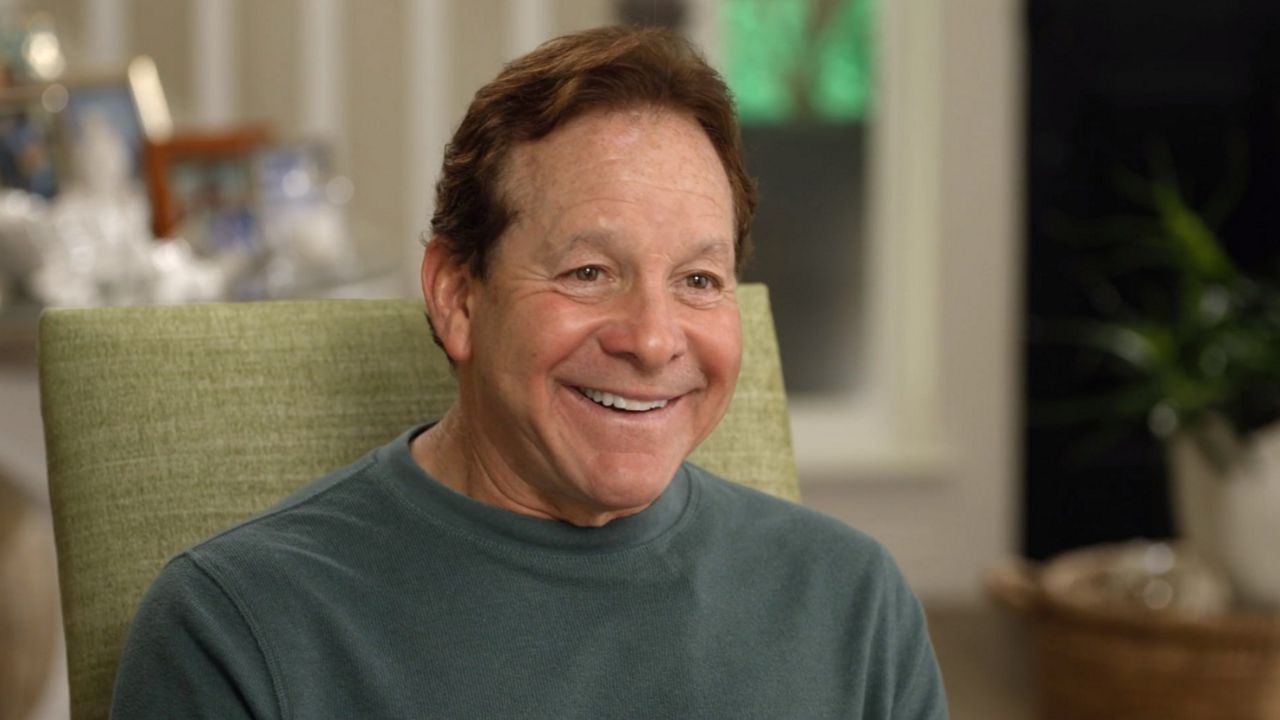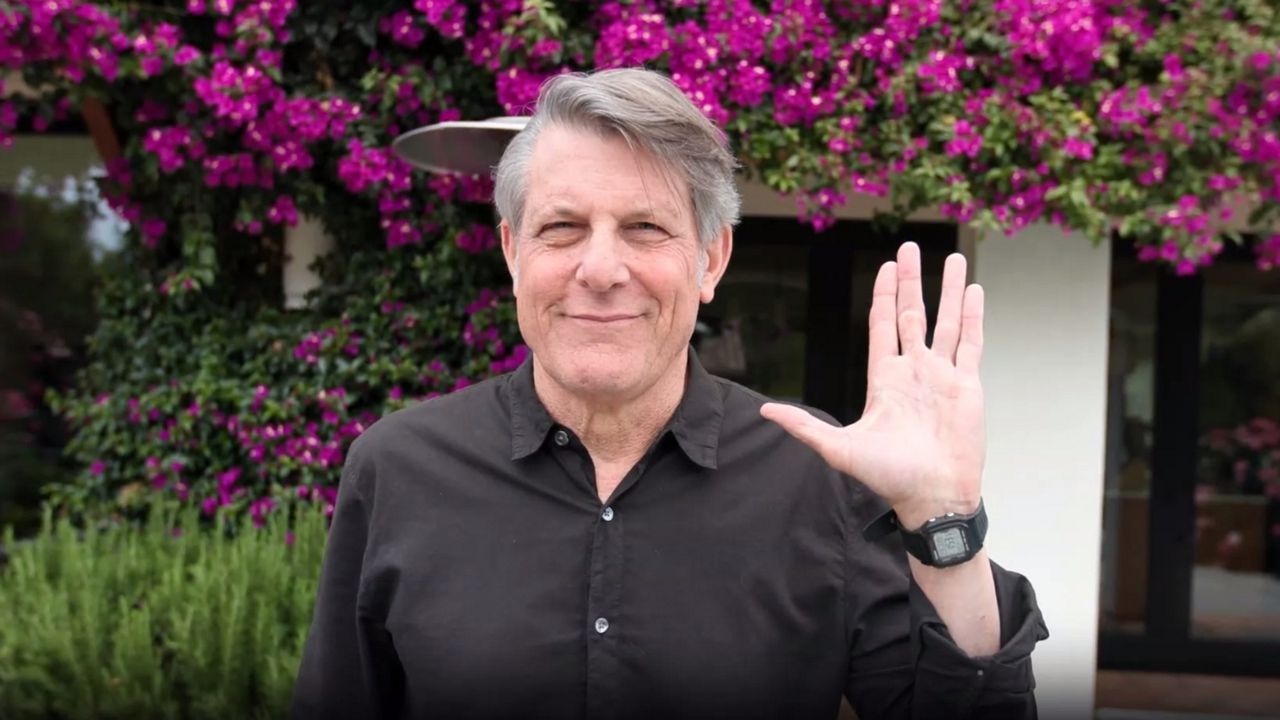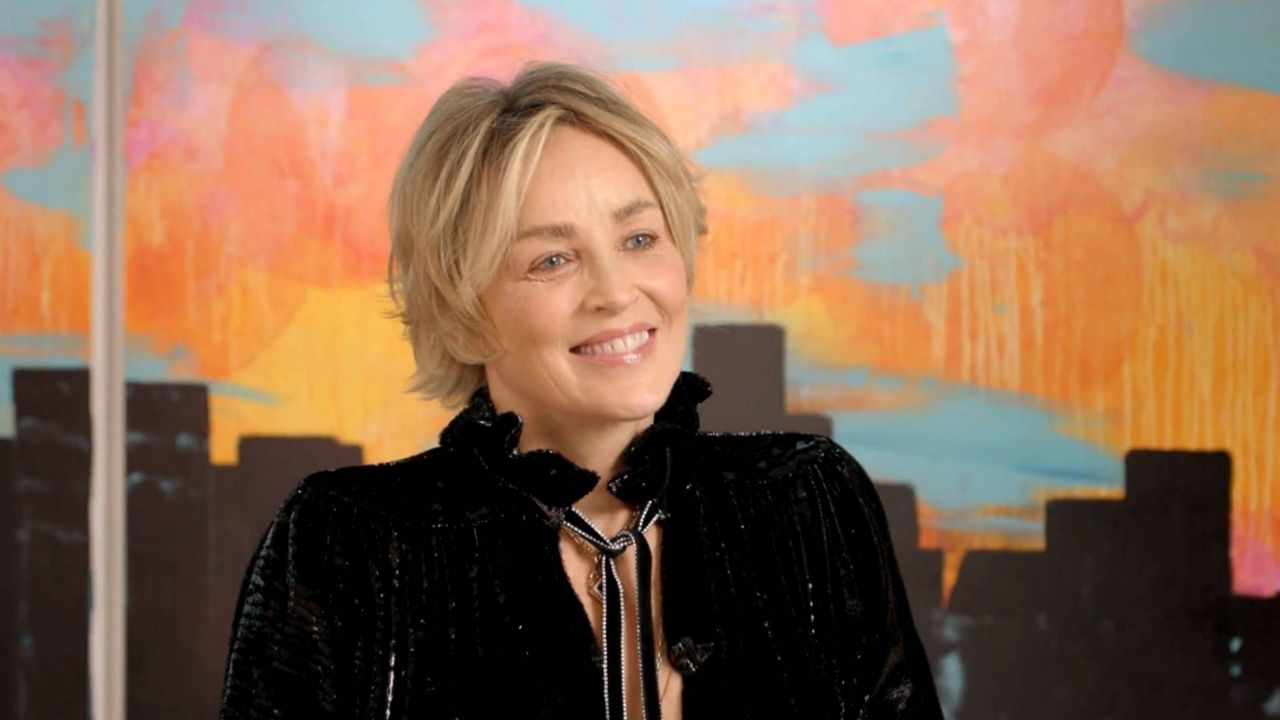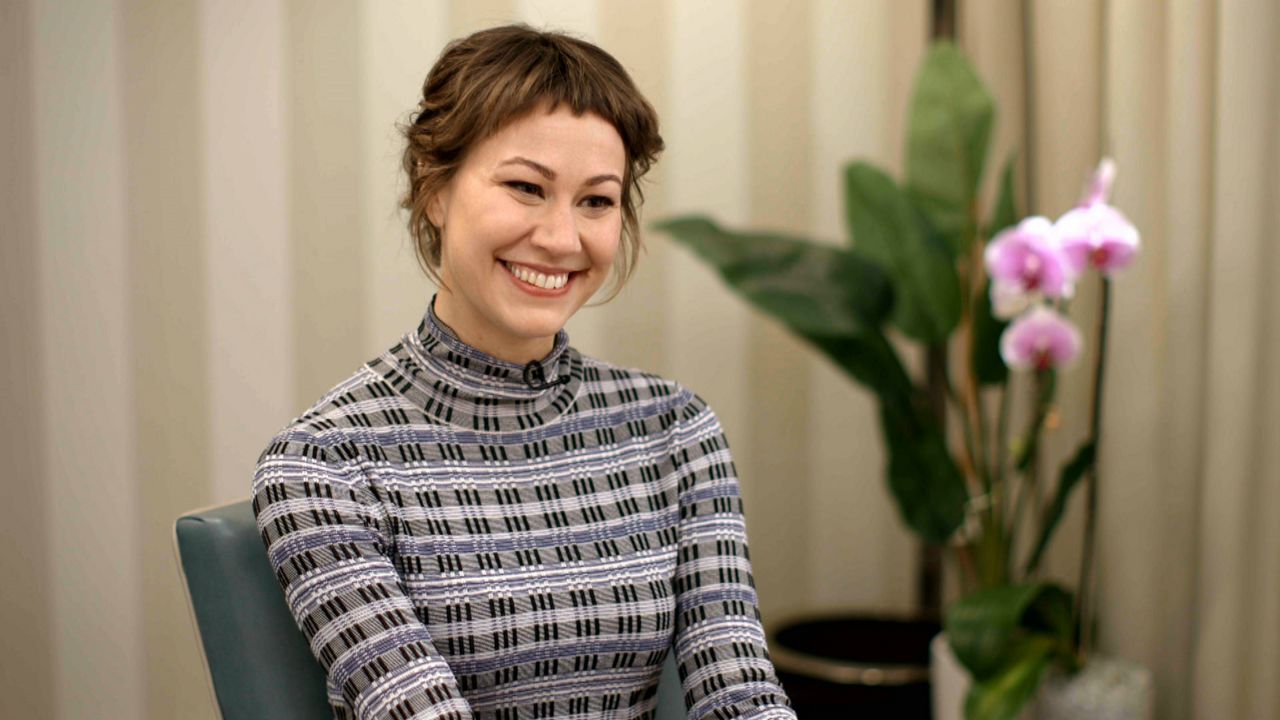Mexican-born director Guillermo del Toro is known for films filled with elements of fantasy, horror and fairytale-like storylines.
With films like “Pan’s Labyrinth,” “The Shape of Water” and “Hellboy,” del Toro pushes the boundaries when making his films, so much so that he said he hasn’t made a film that he wasn’t willing to die for. He has won two Academy Awards and three BAFTAs for his work, in addition to many other awards.
His latest film, “Guillermo del Toro’s Pinocchio,” won best animated feature at the latest Oscars. Del Toro said he wanted to make this film for most of his life.
“This movie is not about Pinocchio becoming a real boy,” he said. “It’s about Geppetto becoming a real father, which is a much more urgent concern. The beauty of Pinocchio is that he transforms the world around him.”
In a rare and intimate conversation on “LA Stories,” del Toro explains to host Giselle Fernandez how his Pinocchio captures the horrors of his childhood. Growing up in Guadalajara, Mexico, he said he was surrounded by violence from the Mexican cartel. He remembers newspapers showing graphic images of death and destruction.
The young del Toro escaped his reality by immersing himself in art, often drawing pictures of mythical creatures and painting his own face to look like a monster. He said when he first saw Boris Karloff as “Frankenstein,” he said he felt like he was seeing himself on film. And when he was given a Super 8 camera to create his own movies, his life was changed forever.
“When I understood that there was a profession called ‘film director,’ I said, ‘That’s what I want,’ because I illustrated, I painted, I sculpted,” he said. “And I thought, this does everything at the same time.”
Now known as the '“master of monsters,” del Toro hopes to make his own version of “Frankenstein,” calling the story his “messiah.” Del Toro continues to find beauty in things that we as humans tend to categorize as ugly, scary or unusual, and he shares his vision in his work.
“The only monsters we have access to in this world is humans,” he said. “Why can we not accept that we are multicolored, complex, paradoxical entities and live with that? Why do we have to exist in a world that is so constrictive of human nature?”
Watch "LA Stories with Giselle Fernandez" at 9 p.m. every Monday on Spectrum News 1.











